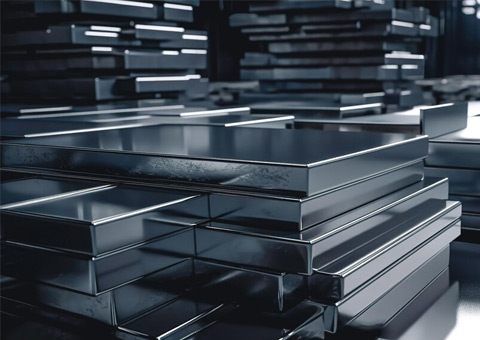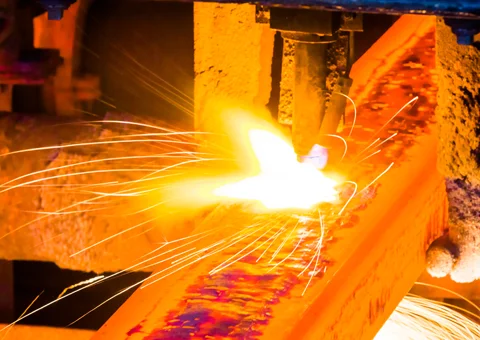Mining leader Rio Tinto has announced a $143 million (A$215 million) investment to establish a new research and development facility in Western Australia dedicated to low-emission steelmaking. The facility will focus on advancing the BioIron™ process, an innovative ironmaking technology that uses biomass instead of coal.
"The world needs low-carbon steel to reach net zero, and we are working to make this a reality by finding better ways to turn our Pilbara ores into steel," said Simon Trott, Chief Executive of Rio Tinto Iron Ore.
Steel production is a major contributor to global greenhouse gas emissions, responsible for approximately 8% of the total. BioIron offers a transformative approach by using raw biomass and microwave energy to convert Pilbara iron ore into metallic iron, replacing coal in the process.
When coupled with renewable energy sources and the strategic use of fast-growing biomass for carbon capture, BioIron has the potential to achieve a remarkable 95% reduction in CO2 emissions compared to current methods.
The new facility, situated within the Rockingham Strategic Industrial Area south of Perth, will house a pilot plant ten times the size of the one used in successful small-scale trials conducted in Germany.
It will target one ton of direct reduced iron production capacity per hour. The data from this pilot plant will be instrumental in further development and large-scale technology implementation.
Designed in collaboration with the University of Nottingham, Metso Corporation, and Western Australian engineering company Sedgman Onyx, the facility is set to begin equipment fabrication this year, with commissioning expected in 2026.
The project will create up to 60 construction jobs and employ around 30 full-time staff once operational.
The facility will support the development of low-carbon steelmaking technology and serve as a testing ground for equipment and methods to further scale production.
It will foster a skilled workforce in steel decarbonization and support collaboration with Western Australian universities and research organizations.
"As one of the world's largest iron ore producers, it just makes sense for WA to lead the world when it comes to low-emission steelmaking," said Western Australian Premier Roger Cook, clarifying that the government wants to turn the region into a renewable energy powerhouse and unlock further economic opportunities.

